There are several obvious reasons why your nails aren't growing properly, and you should be very aware of them. Are you tired of your nails breaking and feeling brittle? Are you sick of spending money at the nail salon? Would you rather grow your own natural nails LONG? If you've been suffering from stubby nails and just can't figure out why, then this article will benefit you. Don't you think it's about time to figure out why your nails aren't growing properly?
Reader Poll
Thanks for sharing your thoughts.
Want more like this? Subscribe for personalized picks.
Successfully subscribed.
Check your inbox for personalized content.
1. Health Conditions
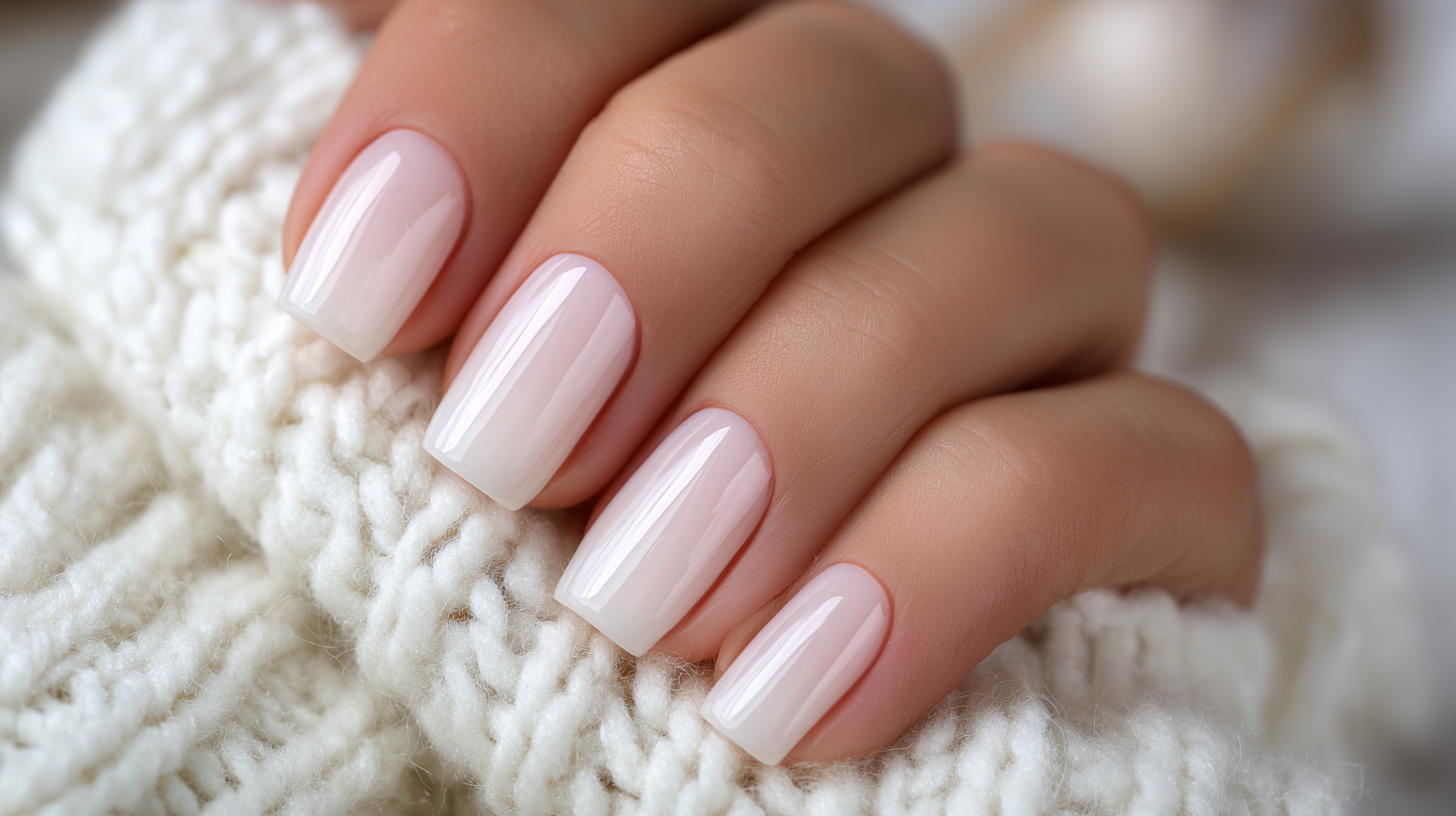
Certain health conditions can be the reason why your nails aren't growing properly. Ridges, discoloration, and abnormal unevenness can indicate heart, liver, lung, and many other illnesses. Fungal infections such as paronychia and onychomycosis can cause the base of your nails (the lunula) to have a completely different appearance than usual. Over-active thyroid glands can cause the pink or dark nail bed to change colors, detach, and eventually fall off. Checking into some of these health issues may explain why you're experiencing a nail growth problem.
- Nutritional Deficiencies: Certain nutritional deficiencies can also cause your nails to not grow properly. Iron deficiency, commonly known as anemia, can lead to thin, brittle nails that are prone to splitting and breaking. A lack of Vitamin C can cause the nail plate to become dry and fragile. Zinc deficiency can cause white spots to appear on the nail bed, and a lack of biotin can lead to ridges and discoloration. Making sure you have a balanced diet with the right amount of vitamins and minerals can help ensure healthy nail growth.
2. Lack of Nutritional Diet
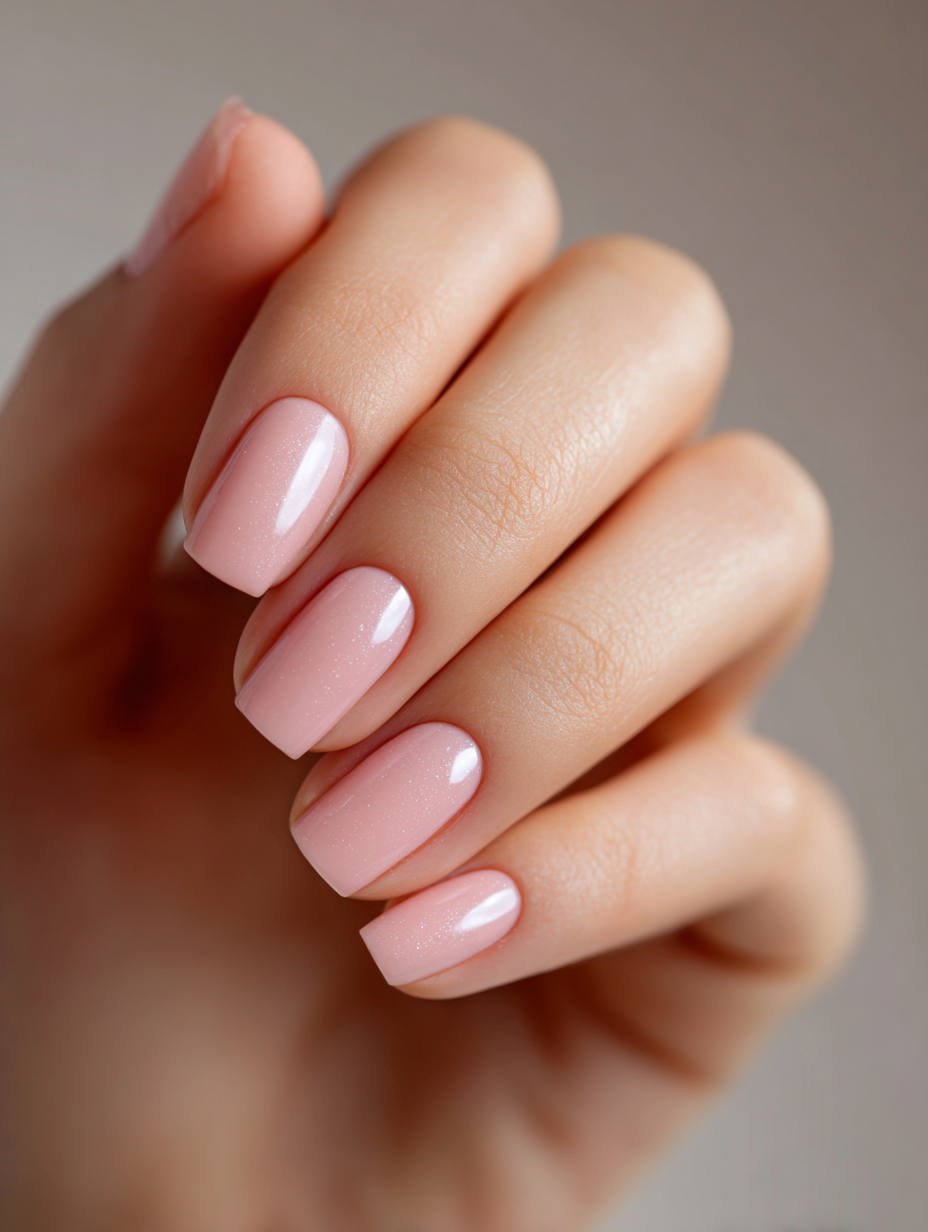
Failing to keep a nutritional diet could affect the growth of your nails in a tremendous way. Brittle nails may very well be a sign that your diet is lacking in iron, zinc, and protein. Foods such as beans, broccoli, and certain meats are said to help replace these lost deposits. However, culprits like sugar, high-glycemic foods, or excessive amounts of Vitamin A could also be the reason behind the issue. Learn to maintain a balanced diet in order to keep your nails in healthy condition.
In addition to lack of nutritional diet, other factors can contribute to brittle nails and slow nail growth. Dehydration can cause nails to become dry and brittle, so it’s important to stay hydrated by drinking plenty of water. Additionally, exposure to harsh chemicals and frequent use of nail polish can damage the nails and prevent them from growing properly. Overuse of nail tools, such as nail files and cuticle pushers, can also cause damage to the nails and slow down their growth. Lastly, if you suffer from a medical condition, such as anemia, it could be the cause of your slow nail growth.
3. Breakage from Work
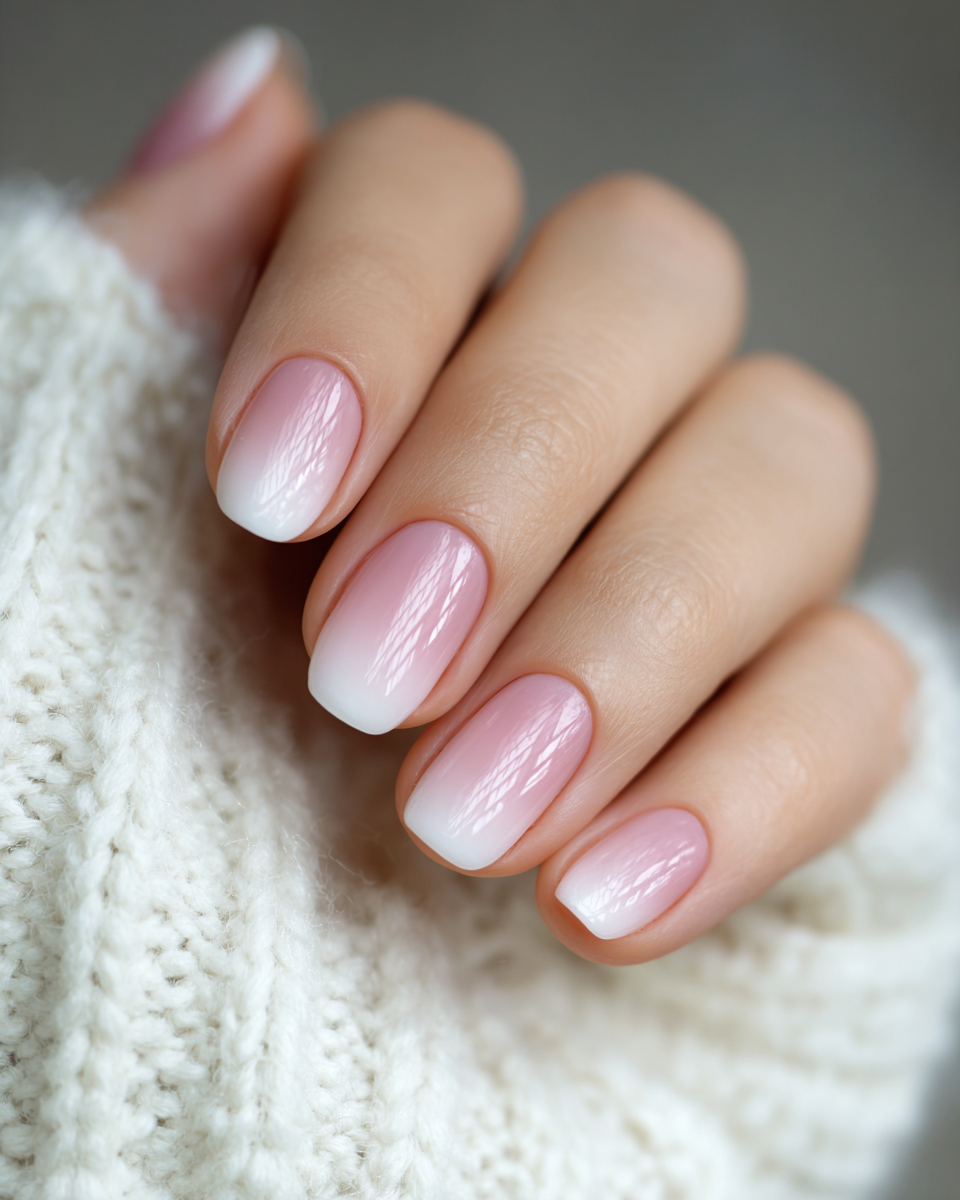
Certain labor work can be damaging to your nails, not allowing them to grow in the way that they should. For instance, those who work in a job that involves placing your hands in water can make your nails extremely soft and prone to breakage. Those who may work in something like construction or other hands-on labor may also experience minimum nail growth because nails tend to continuously snag and tear. Walking or running a lot can cause toenails to break inside shoes. These instances obviously can't be entirely avoided. However, taking the necessary precautions to minimize breakage can be helpful. Topic number four will address these tips.
In addition to the factors mentioned, certain chemicals and harsh cleaning products can also weaken and damage nails, hindering their growth. Nail biting and picking at cuticles can also contribute to breakage and prevent proper nail growth. Additionally, a diet lacking in essential vitamins and minerals, particularly biotin, can result in weak and brittle nails. To promote healthy nail growth, it is important to protect your hands and nails while performing labor work, avoid harsh chemicals, and maintain a balanced diet. Regularly using moisturizing products and taking supplements can also help strengthen and nourish nails.
4. Improper Care
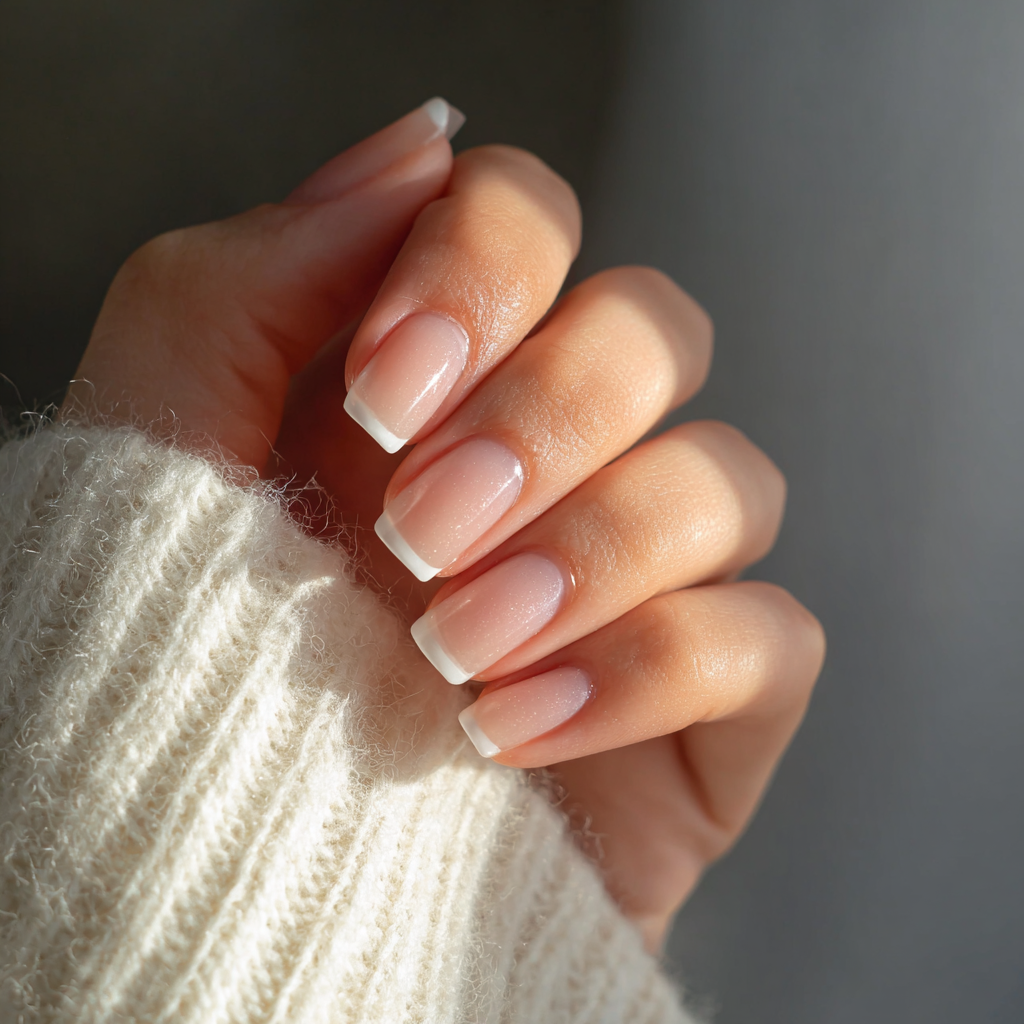
One of the keys to having healthy nails is to make sure that they're strong and thick (that means stay away from fake fingernails). Certain polishes like clear nail hardener can help keep your nails in good condition. However, be mindful that most polishes have the formaldehyde ingredient in it, which also causes unnecessary splitting and thinness. Additionally, do not cut your cuticles because this can open doors for nasty bacteria or fungal infections. Instead, push them back from time-to-time, but leave the protective fold alone. Lastly, hanging nails need to be constantly filed and trim to avoid future breakage.
If you're tired of your same old nail polish and want to shake things up a bit, you're in the right place. Here we provide some trendy and unique nail colors options for you. Enliven your style and let your fingertips do the talking. Get ready for the compliments!
5. Improper Usage
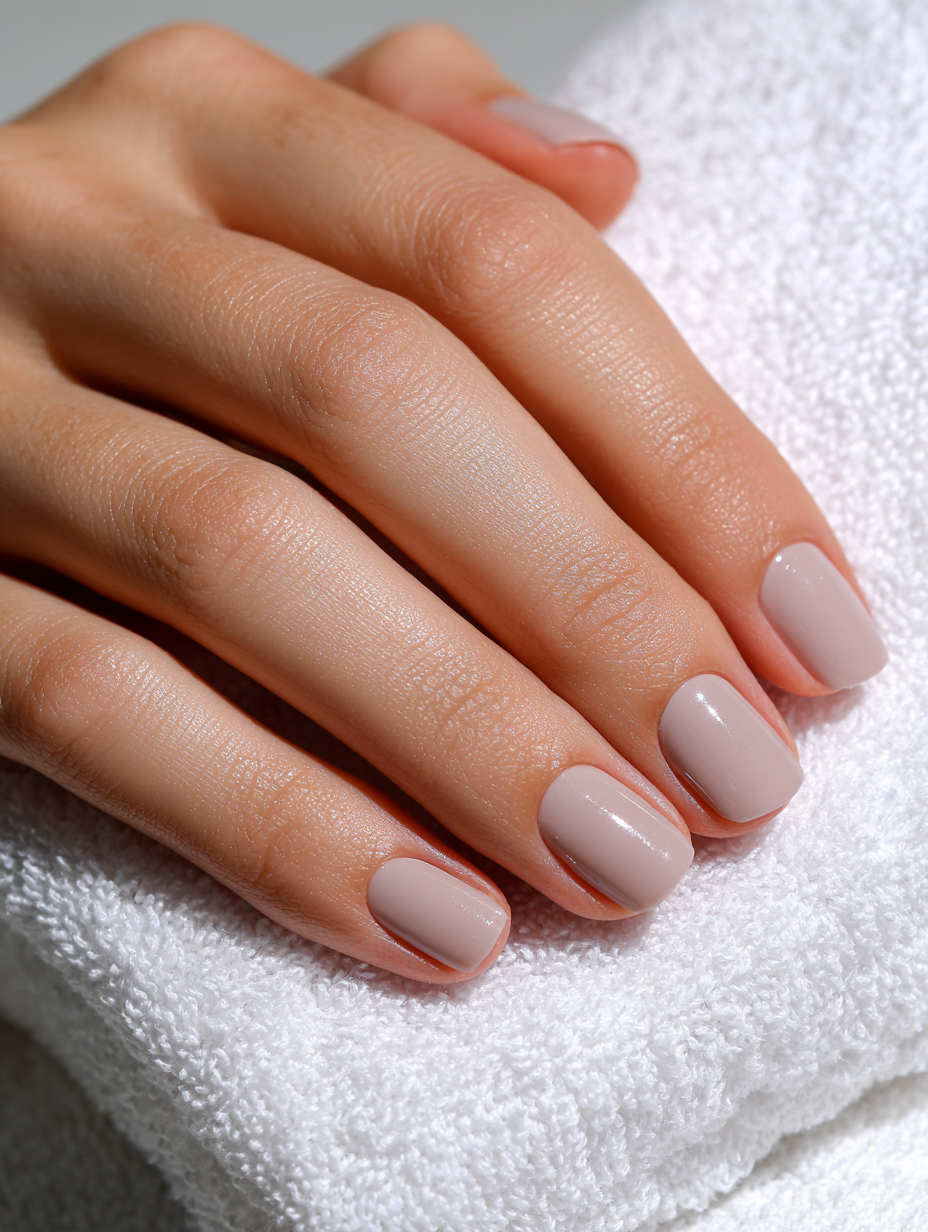
This is a habit that everyone suffers from. Some of you may be using your nails as handy-dandy tools. I find myself sometimes plucking at objects or using my nails to pop something open. When it comes to opening a key ring sometimes I'll use my nail instead of something else much more accommodating. Whether you're using your nails in place of scissors or to scrape the surface of something, be mindful of how often you do because it can cause fissures and chipping on the end of the nails.
6. Chemicals in Products
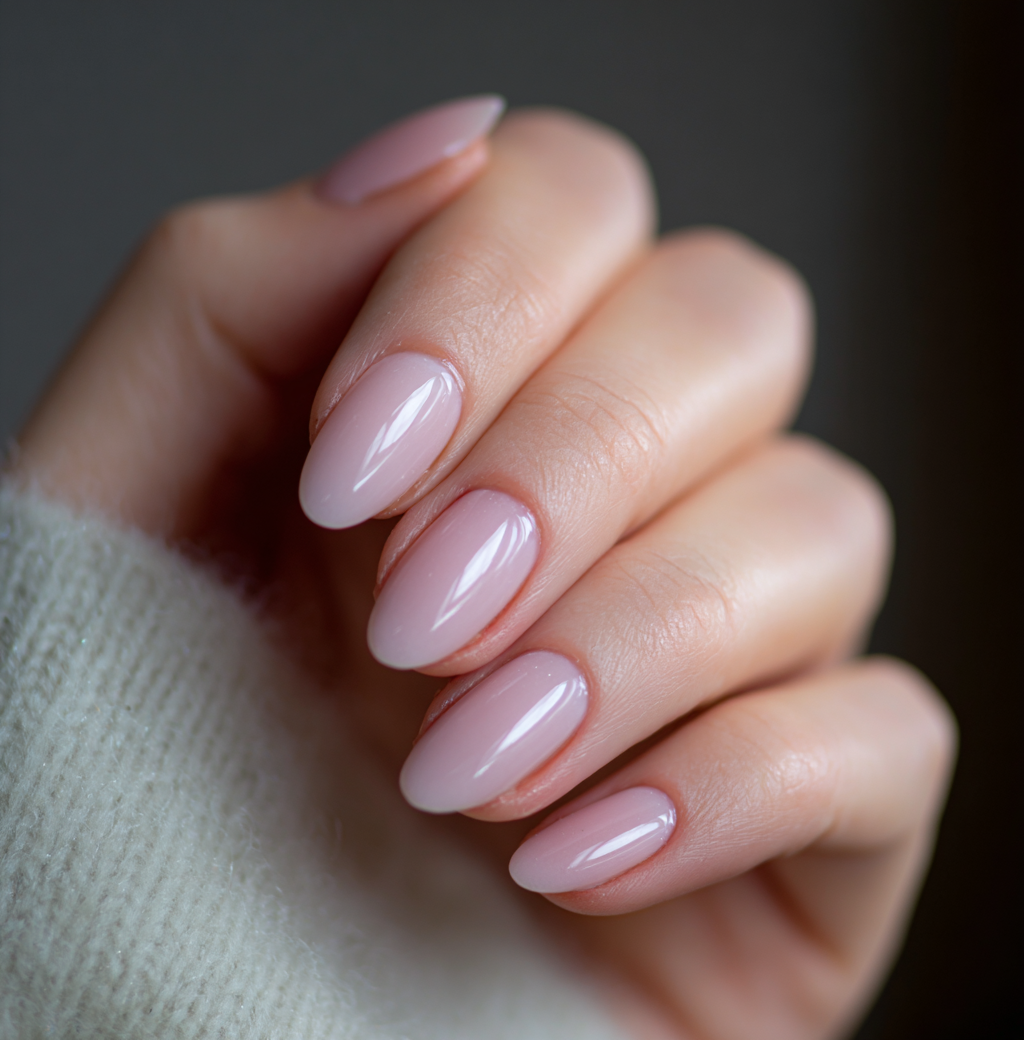
As stated before, certain chemicals in nail polishes can be damaging. However, body, hair, and house cleaning products can expose your nails to toxins. This can cause dryness and result in cracking within the nails. Make sure to use gloves when cleaning around the house to avoid brittle and irritated nails. Natural oils, such as tea tree, are best to use as well, and probably the safest solutions to expose your nails to.
7. Biting Nails Consistently
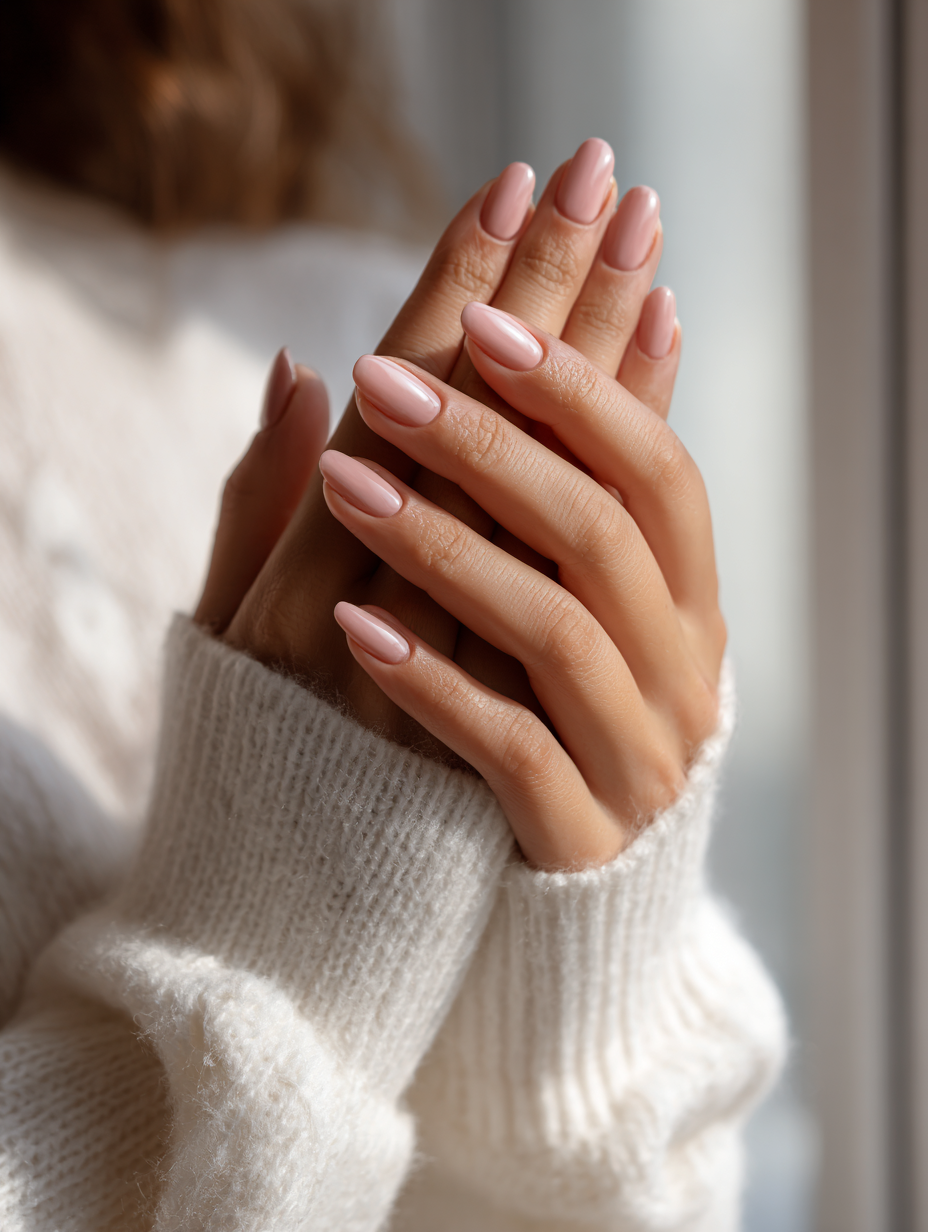
Biting your nails is a terrible habit that stems from nerves or boredom. Your fingernails tend to hold germs-especially underneath the nail. So, biting your nails is not healthy for the condition of the nail or your mouth. Instead of chewing on your nails to remove a snag or hanging nail, use a clipper. Once you break the habit of biting your nails, then you will start to see a positive change in their growth and appearance.
Since your hands are used a lot every day, it's a given that breakage and tearing will be experienced every now and then. While this article is not asking you to completely be overprotective of your nails or to treat your hands like they're fragile, it should inspire you to pay just a little more attention to the care and treatment of your nails. Are you experiencing an absence in nail growth? What do you think may be causing it?
Reader Poll
Thanks for sharing your thoughts.
Want more like this? Subscribe for personalized picks.
Successfully subscribed.
Check your inbox for personalized content.
Don't Miss the Latest Version
Get the latest stories, save favorites, and share with friends — all in one place.
Create your profile. Earn badges. Level up your reading.
Join Allwomenstalk to track your streaks, collect badges, and earn XP for the things you already do—reading, sharing, and taking quizzes.
- 🔥Daily streaks with gentle boosts for 3, 7, and 30 days.
- 🏅Collect badges like Reader I–III, Socialite, and Quiz Ace.
- ⚡️Earn XP for reads, deep reads, likes, comments, and shares.
It’s free. Takes 30 seconds. Already have an account? Sign in.



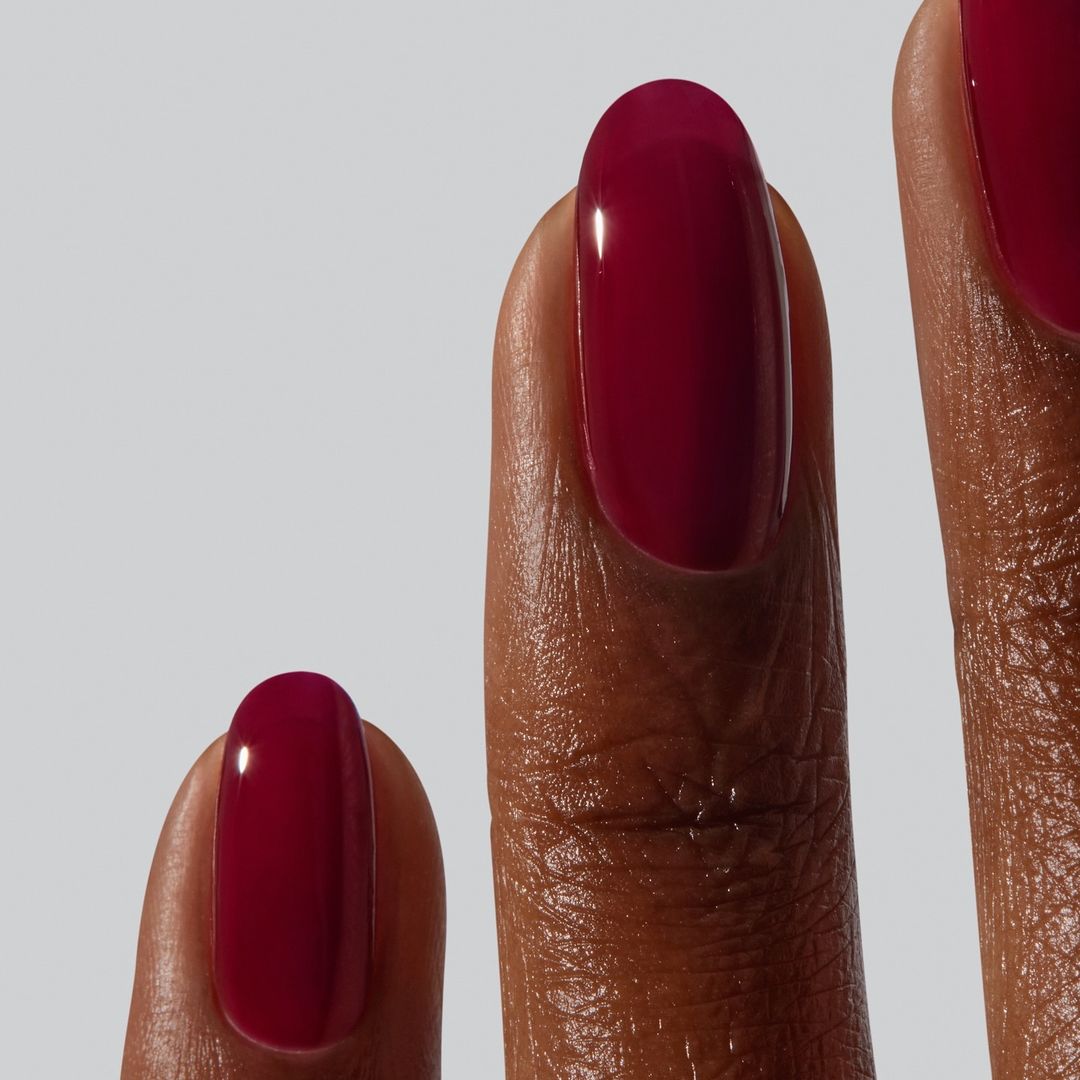
Feedback Junction
Where Thoughts and Opinions Converge
2023-03-18T19:12:49.009Z
2014-06-04T02:27:04.130Z
2022-05-05T21:42:27.203Z
2022-05-05T21:49:51.241Z
2022-10-13T15:46:43.840Z
2015-01-01T22:50:26.411Z
2022-05-05T21:44:44.725Z
2022-05-05T21:32:27.473Z
2022-04-26T03:28:03.460Z
2022-09-25T15:53:34.271Z